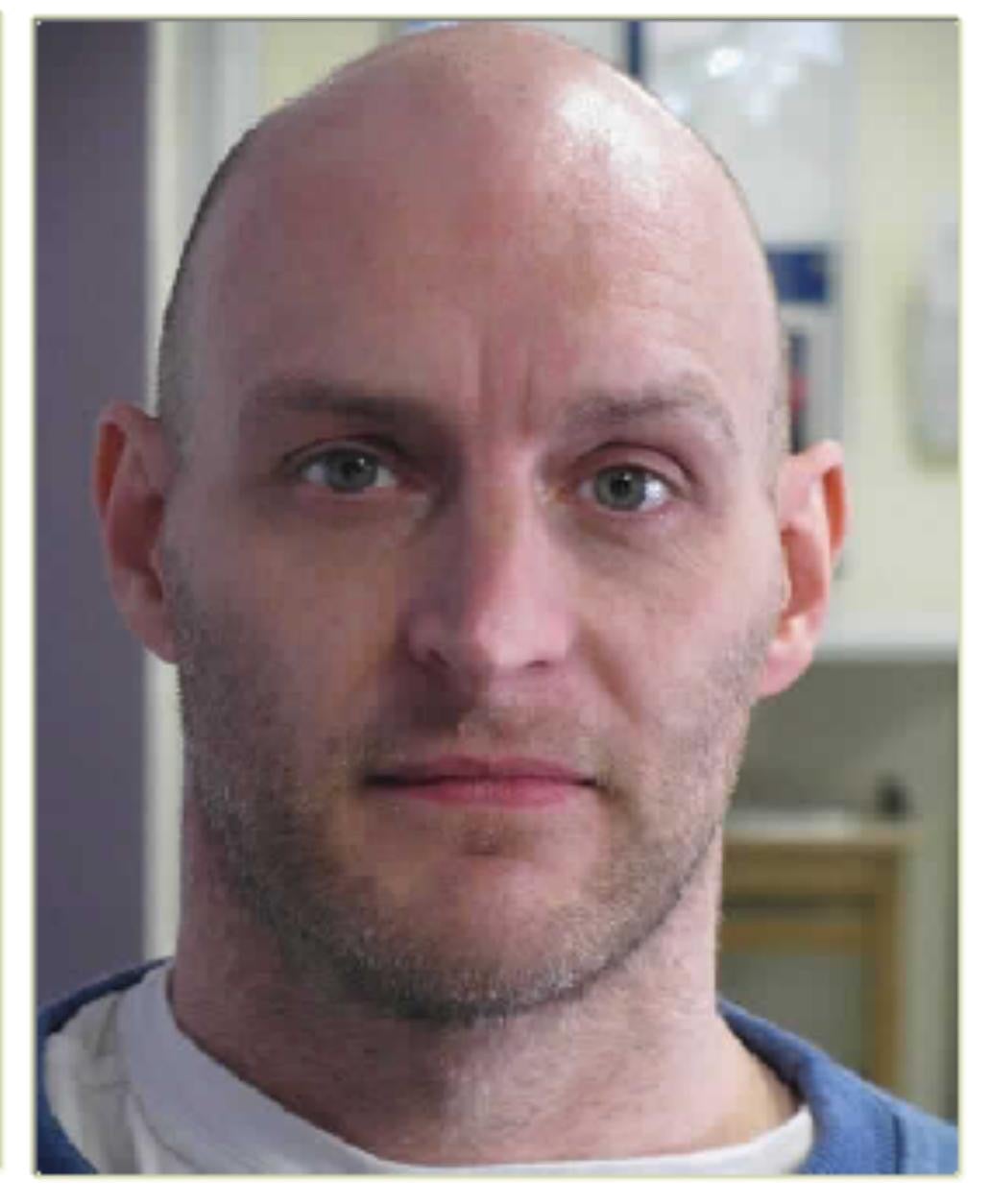Crucial reforms to help thousands trapped in indeterminate jail terms fail after Labour peers ‘bottle it’
Baroness Fox praised The Independent for shining a light on the plight of IPP prisoners in a House of Lords debate

Crucial reforms to help thousands of prisoners trapped under abolished indefinite jail terms have failed after Labour refused to back changes to the parole process.
The party has been accused of turning its back on desperate families of Imprisonment for Public Protection (IPP) prisoners in a crunch House of Lords debate on Tuesday.
The controversial sentences – in which offenders were handed minimum jail terms but no maximum – were scrapped in 2012 amid human rights concerns, but not for those already sentenced, leaving thousands languishing in jail for years beyond their original prison terms.
They include tragic cases highlighted by The Independent such as those of Wayne Bell, who has served more than 16 years for stealing a bike; Thomas White, who is still in prison 12 years after he stole a mobile phone; and Aaron Graham, who has served almost 20 years after he punched a man in a fight.
Currently, inmates must convince a parole board they are safe to released before they can be freed.
However an amendment to the Victims and Prisoners Bill tabled by Conservative peer Lord Moylan – which would have placed the burden of proof on the parole board to prove an inmate was unsafe - was withdrawn on Tuesday after Labour said it would not support the changes.
They also refused to support a further amendment which would have forced the parole board to consider the proportionality of how long an inmate has served compared to their sentence when considering release.
Campaigners said the changes would have offered a “glimmer of hope” to those trapped under an IPP sentence and slammed the “missed opportunity” for reform.

A spokesman for campaign group UNGRIPP told The Independent: “We are extremely disappointed that more significant amendments were not supported by the Government in the Lords today, and as a result were not voted through.
“These would have offered a small glimmer of hope to those who are still stuck in prison serving IPP sentences. We hope all parties truly understand the human consequences of this missed opportunity.
“We want everyone affected by IPP to know that UNGRIPP will continue to campaign for resentencing in order to finally put an end to this injustice.”
The government has agreed to reduce the licence period for IPP prisoners from 10 years to three, but has so far refused to re-sentence prisoners still locked up despite high rates of suicide and self-harm.
Shocking recent cases include Scott Rider, who was given a 23-month jail term and took his own life in despair after serving 17 years in prison. A senior coroner blasted his sentence as “inhumane and indefensible”.
Richard Garside, director of the Centre for Crimes and Justice Studies, slammed Labour for failing to back the “modest changes” to help end the “toxic legacy” of the IPP sentence.
“Labour had a chance today to support a pretty modest change, and they bottled it,” he said, noting the flawed sentence was introduced under New Labour in 2005.
“Today’s Labour Party has a political responsibility to sort out what has become a lethal mess created by a previous Labour government.
“This is a really disappointing setback. The battle to end the IPP sentence continues.”
Defending the move, Lord Ponsonby insisted a “step by step” approach is the best way to address the IPP issue.
“If we were to press ahead too quickly and prisoners were to be released and serious offences committed it would truly undermine the position of existing IPP prisoners who would be left behind,” he told the Lords on Tuesday.
Baroness Claire Fox, who previously withdrew an amendment calling for all IPP prisoners be re-sentenced due to lack of support, also cited The Independent’s coverage for shining a light on the issue during Tuesday’s debate.
Following the debate, Lord Moylan said: “I remain committed to trying to correct the injustice of IPP.”

Lord David Blunkett, who admits he regrets introducing the sentence as home secretary in 2005, is among a group of cross-party peers pushing for reform.
He added: “IPP has at last reached the public’s ear. The injustice of those finding themselves still subject to the IPP/DPP sentence 12 years on from its abolition, is now well known and appreciated by everyone who understands the double-bind - the longer the agony continues, the more difficult rehabilitation becomes.”
A Labour spokesperson said: “It is right that IPP sentences were abolished and we are supporting the government’s amendment to bring forward a statutory action plan in this area.
“Public protection is at the centre of our approach. It is not possible to make assessments on the individual needs of IPP offenders from Opposition without the relevant information, which is confidential.
“In government, Labour will work at pace to make progress on IPPs and we will consult widely to ensure any action plan is effective and based on the evidence.”
Bookmark popover
Removed from bookmarks